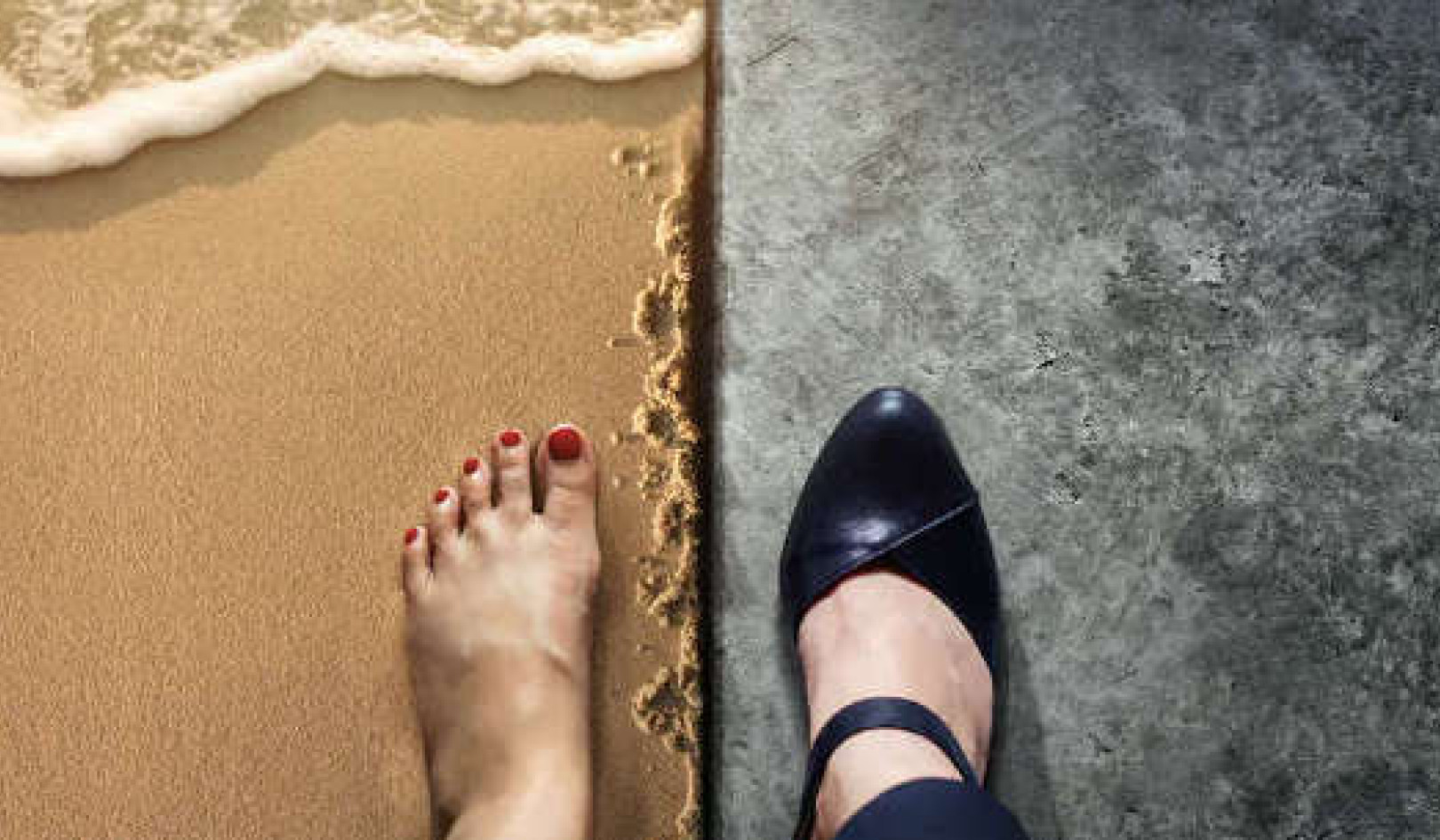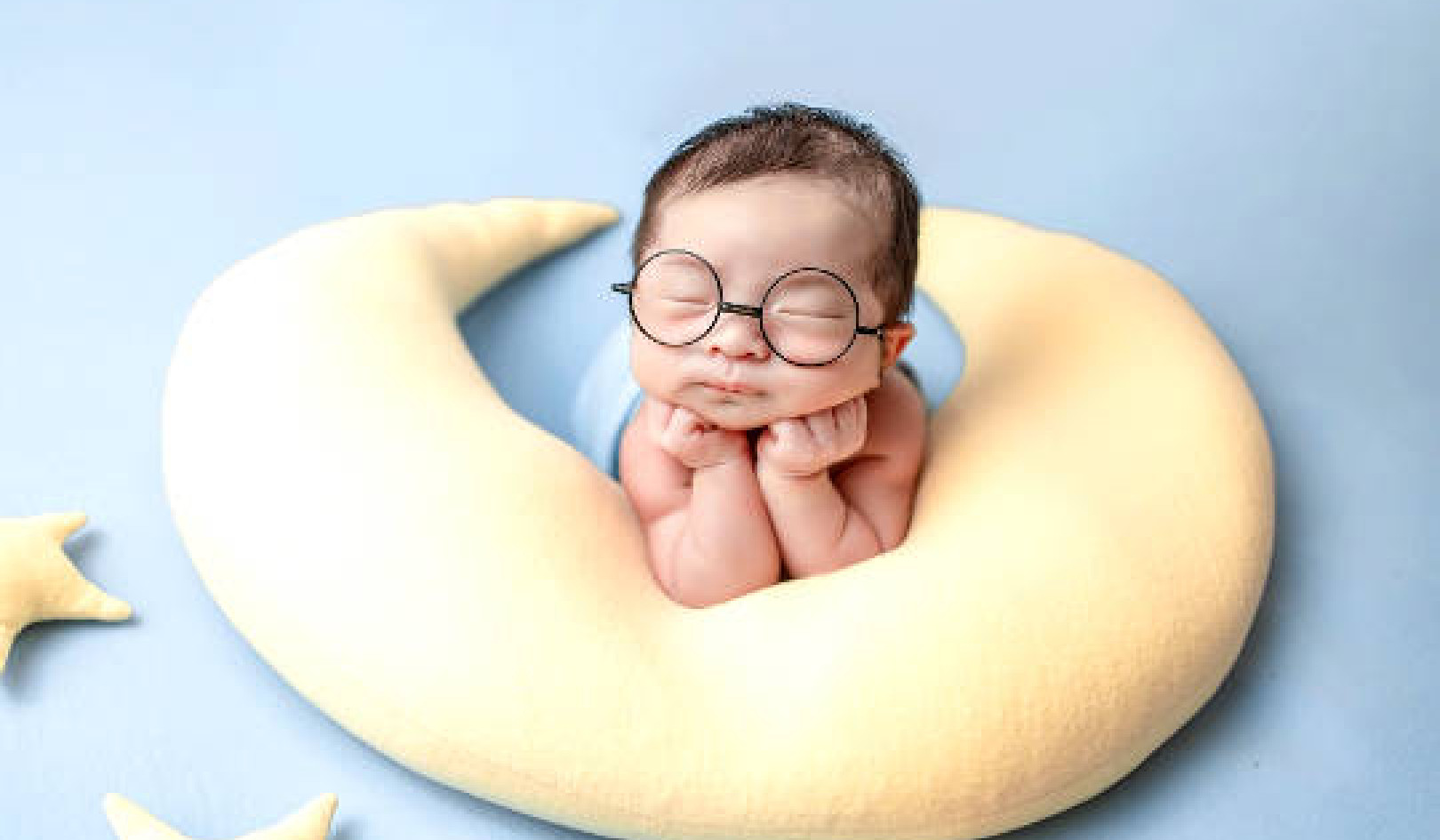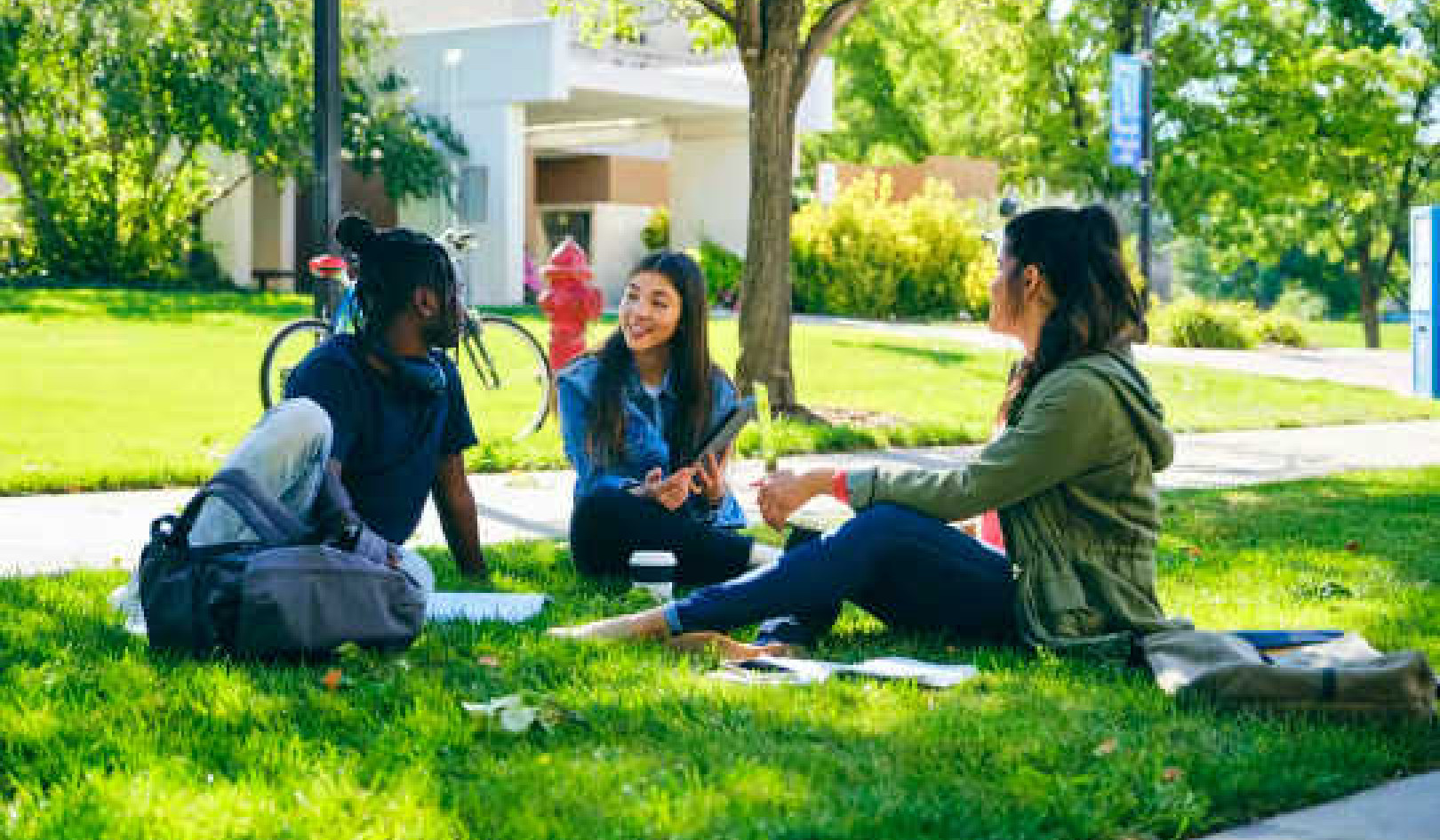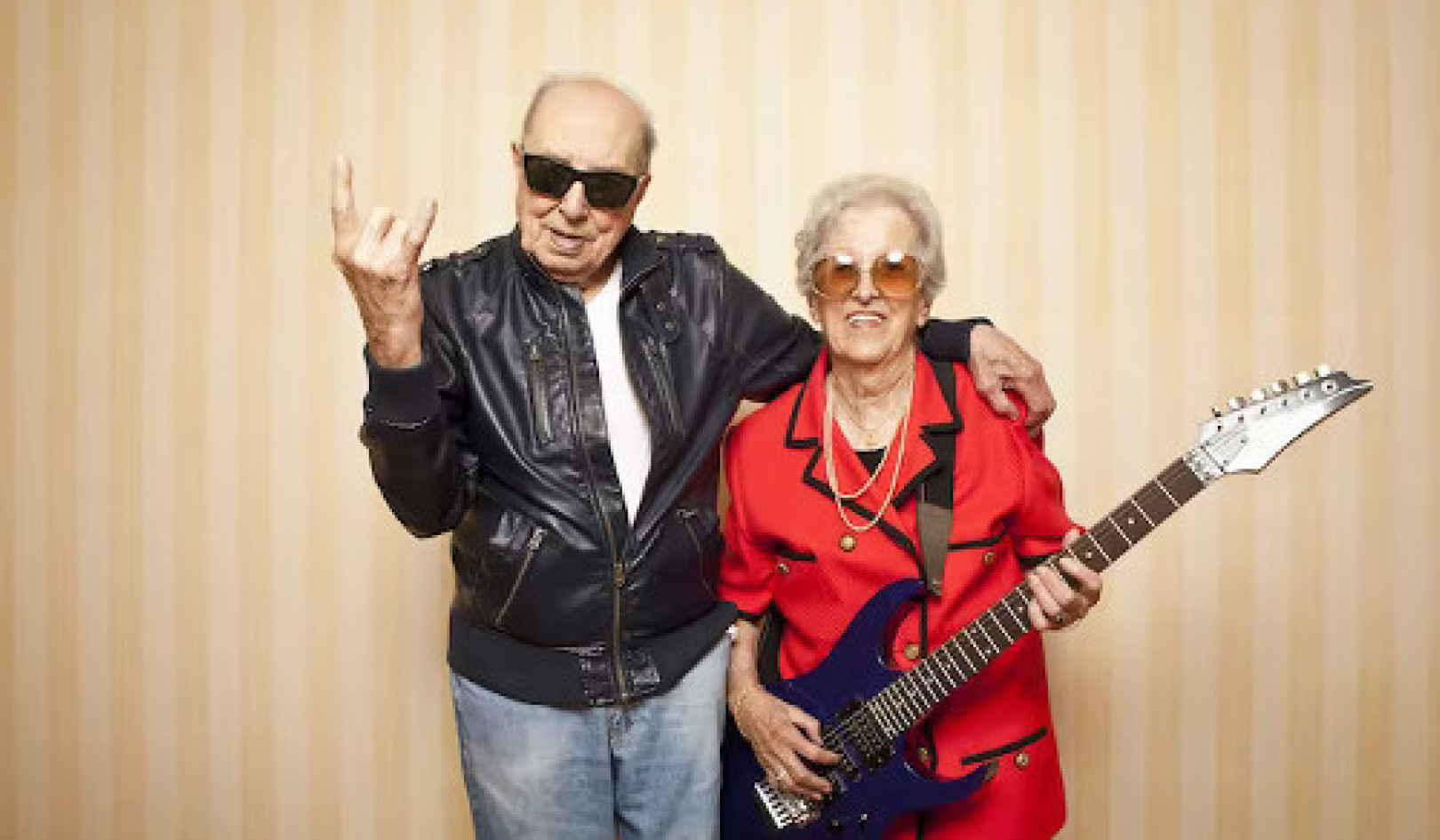
Image by PublicDomainPictures
This unusual—and painful—holiday season may fade from our collective memory, say researchers.
That’s actually the best case scenario, they explain.
“…we think collective memory for the pandemic itself is likely to fade quickly for most people.”
Henry L. Roediger, professor of psychological & brain sciences and James Wertsch, professor in the anthropology department have spent over 25 years investigating the science and nature of memory in the contexts of history and culture.
Here, they answer questions about memory, the holidays, and this unusual 2020 holiday season:
Q
How will the holiday season of 2020 live in our memories?
A
The holidays are upon us in this strange year of COVID-19. There is Hanukkah, Christmas, and Kwanzaa that most Americans know about, as well Ashura for Sunni Muslims, Bodhi Day for Buddhists, and Yalda for Zoroastrians. Almost all of these and more are celebrated or observed in December and January.
But how will this year’s celebrations be remembered? The answer will be “differently than normal” for some individuals, but we think collective memory for the pandemic itself is likely to fade quickly for most people.
We take our cue for this last prediction from an exercise we recently used in our memory studies course at Washington University. We asked the undergraduates to list the five most important events since 1900 in American history. Their responses routinely included items like Pearl Harbor and 9/11, but what was striking is that not a single student included the Great Influenza of 1918. And this was so even in the midst of the COVID-19 pandemic when more Americans were dying every day than those who perished at Pearl Harbor in 1941 or on 9/11.
Why? We think it’s because the pandemic doesn’t lend itself to being told as a gripping story with good and evil characters and unexpected plot twists.
This is not to say, however, that some people won’t be left with vivid memories of the holiday season. In a season when families come together and celebrate, with rituals, feasting, and more, this year’s experience may vary widely, depending on whether we follow the safety guidelines.
Q
Can you offer examples of how this might play out?
A
Let’s consider three hypothetical young couples and analyze them from what we know about how memory works. Your own experience may differ.
Our first couple plays by the safety rules. They stay in their apartment, have a quiet celebration with each other, and they Zoom with family and friends after opening gifts on December 25. The holiday is uneventful. They will remember it a bit for a few years, but then it will fade away. Again, one of the first rules of making something memorable is that it needs to have a good narrative arc—a story—to make it stick. A quiet day at home does not make a great, memorable story.
In a second scenario, a young couple decides to risk it and go home for the holidays, as does their extended family. They were all careful before they gather, and everyone had a wonderful time. They trek happily back to their apartment. However, a week later, they hear the news that dear, wonderful, Uncle Frank has developed COVID-19. After a week he enters the hospital; a week after that he dies. A sad, socially distanced, funeral ensues. This holiday will be remembered as the one that caused Uncle Frank to die. The story will be retold for years to come. The couple’s children, and maybe even grandchildren, will be told the story when they see an old family photo and say, “who’s that?”
The third scenario involves the couple going home for their holiday. One member of the couple comes down with COVID-19. He struggles, goes into the hospital, but he comes out after a week. In a few months he is OK. That story will become a family legend about someone who could have died. The couple will tell their children, who will in turn tell their children, and possibly even more. It is a potentially sad story with a happy ending.
All these scenarios except the first can be woven into an interesting story, the kind that will be repeated to others and hence remembered, at least across a couple of generations.
Q
What about in another century?
A
So, what will people remember about this December in 2120? Our best guess, and a hopeful one, is “nothing” for those who don’t directly suffer from COVID-19. Just as Americans in December 2019 did not remember what happened during December 1918 or 1919, during the great “Spanish flu” pandemic, we think few will really remember our pandemic in 100 years. In fact, few Americans even knew about the earlier pandemic until this one happened and caused us to look back.
That thought, however, causes us to hedge our bets on this last prediction. If another pandemic occurs in 100 years or before, people will hark back to the 2020-21 COVID-19 pandemic just as our media are doing now.
We wish you an uneventful, completely forgettable, holiday season.
About the Authors
Source: Washington University in St. Louis

Related Books:
Atomic Habits: An Easy & Proven Way to Build Good Habits & Break Bad Ones
by James Clear
Atomic Habits provides practical advice for developing good habits and breaking bad ones, based on scientific research on behavior change.
Click for more info or to order
The Four Tendencies: The Indispensable Personality Profiles That Reveal How to Make Your Life Better (and Other People's Lives Better, Too)
by Gretchen Rubin
The Four Tendencies identifies four personality types and explains how understanding your own tendencies can help you improve your relationships, work habits, and overall happiness.
Click for more info or to order
Think Again: The Power of Knowing What You Don't Know
by Adam Grant
Think Again explores how people can change their minds and attitudes, and offers strategies for improving critical thinking and decision making.
Click for more info or to order
The Body Keeps the Score: Brain, Mind, and Body in the Healing of Trauma
by Bessel van der Kolk
The Body Keeps the Score discusses the connection between trauma and physical health, and offers insights into how trauma can be treated and healed.
Click for more info or to order
The Psychology of Money: Timeless lessons on wealth, greed, and happiness
by Morgan Housel
The Psychology of Money examines the ways in which our attitudes and behaviors around money can shape our financial success and overall well-being.
























